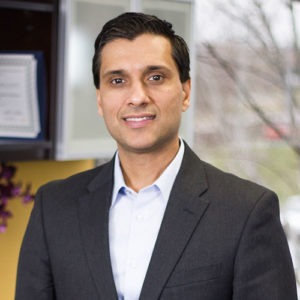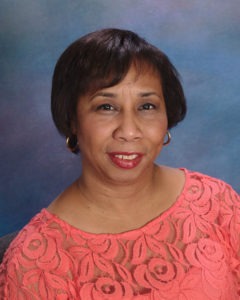Protecting older adults is aim of ‘Chicago Declaration’
Legal scholars and human rights advocates at the John Marshall Law School in Chicago have released a proposal that aims to legally protect older adults under international human rights law. The effort, known as the “Chicago Declaration on the Rights of Older Persons,” will be presented before the United Nations on Aug. 1.
Scholars, advocates and policymakers from more than a dozen countries—including China, Ireland, Israel and the United States—crafted and edited the declaration over several months. The authors—directed by the John Marshall Law School, Roosevelt University and East China University of Political Science and Law—hope their efforts and research will contribute to the establishment of a U.N. Convention on the Rights of Older Persons.
“It is vital that the world’s aging citizens receive comprehensive legal protections and support from domestic and international law,” says Ralph Ruebner, associate dean for academic affairs at John Marshall and chairman of John Marshall’s 2014 International Elder Law and Policy Conference.
The Chicago Declaration addresses many potential issues facing the world’s older population, from medical decision-making to abuse. The authors say it is not meant to supersede or diminish any greater rights granted to older persons that may already exist in local, state or national law. The declaration calls on states to raise public awareness and educate older persons of their rights, as well as to encourage programs that promote intergenerational relationships.
The declaration explicitly aims to prevent discrimination and notes the need to protect certain vulnerable populations, including women, religious minorities, those suffering from dementia and lesbian, gay, bisexual and transgendered persons. The proposed legislation calls for freedom in older persons’ decisions, including quality of life, housing, and healthcare. Some examples:
- Older persons have the right to effective enjoyment of life, the right to live with dignity in old age and the right to make decisions about the quality of their lives.
- Older persons have the right to self-determination in health-related matters and to make medical decisions based on informed consent.
- Older persons have the right to access a range of in-home formal or informal caregiving, residential and other community support services.
The declaration was unveiled at the end of a two-day symposium in Chicago.
I Advance Senior Care is the industry-leading source for practical, in-depth, business-building, and resident care information for owners, executives, administrators, and directors of nursing at assisted living communities, skilled nursing facilities, post-acute facilities, and continuing care retirement communities. The I Advance Senior Care editorial team and industry experts provide market analysis, strategic direction, policy commentary, clinical best-practices, business management, and technology breakthroughs.
I Advance Senior Care is part of the Institute for the Advancement of Senior Care and published by Plain-English Health Care.
Related Articles
Topics: Advocacy , Executive Leadership , Regulatory Compliance










